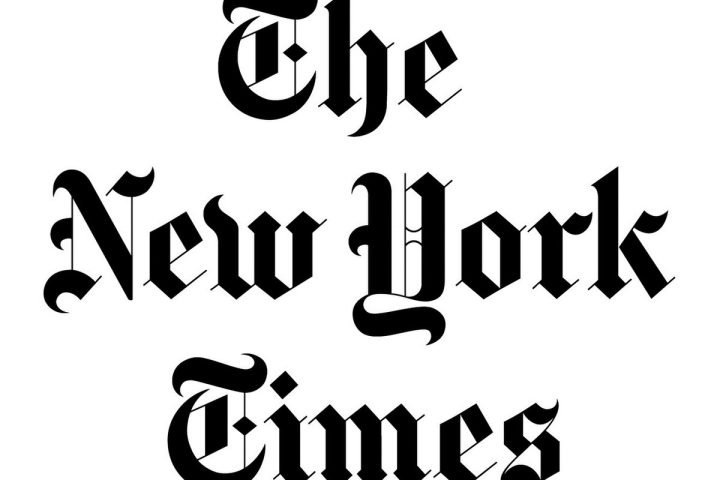By Luca Belgiorno-Nettis, Mon 26 Aug 2024 in The Mandarin
Two hundred years ago yesterday, self-rule began in Australia.
On the 25th of August 1824, a group of people met for the first time to have a say about the workings of the fledgling colony. A majority vote of the five members of this first Legislative Council was needed before the governor could enact a law — albeit those five members were appointed by the governor himself!
The five were the senior civil officers of the colony: the lieutenant governor, the chief justice, the colonial secretary, the principal surgeon and the surveyor general.
By 1842, the appointed five-member council evolved into 36 members of the landed gentry, 24 of whom were elected. Not long thereafter, in 1855, the UK Parliament passed the NSW Constitution Act, which heralded the NSW bicameral Parliament, with all members of the Lower House elected and, by 1926, also enabled women to stand for office. We’ve now had close to 100 years of the full franchise.
Where once the voice of the population at large counted for little, today the ‘common people’ have a totally different level of wealth, education, and community outlook. But — unforeseen by early enthusiasts of the franchise — the popular vote hasn’t matched up to expectations. Cheap point scoring is the order of the day. Whilst commentators might call for politicians to ‘show leadership’, it’s unrealistic. Ignoring public opinion is how to become a former MP.
Late last year, John Burnheim, the respected Australian philosopher and early champion of citizen juries, passed away. John was concerned with moving “from looking at particular issues as weapons in a struggle for power, to judging them on their merits” He writes, “Politicians are driven by polling and tie themselves in knots attempting to put an attractive spin on the policies they advocate, while their opponents attempt to vilify them. Public discussion is too often dominated by such adventitious factors.
“The results of answers to poll questions at best reflect what people see as particularly salient, not some balanced and informed discussion of the question. What we lack is a sound process of discussion and decision that is directed by concern about specific problems, enlightening public opinion about them, attempting to get beyond uncritical assumptions and ideologies.”
Even though most candidates start off well-intentioned, they soon take to grandstanding and talking down the opposition. Elections have degenerated into Punch and Judy shows — with elections a zero-sum game and voters guffawing from the sidelines. In every (single seat) electorate a winner prevails only when others lose.
Meanwhile, attendances are diminishing across the globe. According to the 2016 Institute for Democracy and Electoral Assistance (IDEA) study, voter turnout internationally has been dropping since the 1990s. The average for recent US presidential elections is under 55%. For elections of MPs to the European Parliament, the turnout is below 45%. The sad fact is that the popular vote isn’t that popular anymore – anywhere.
You don’t need to be a doomsayer to call out the dismal state of the planet’s politics. In the latest assessment by the Economist Intelligence Unit in 2023, ‘less than 8% of the world’s population live in full democracies while almost 40% are under authoritarian rule’. Even in those few countries that call themselves free, politics is lamentable. Politicians may be beholden to their electorates, but the public remains cynical of their motives. Australia may have better turnouts thanks to compulsory voting, but that doesn’t mean the democracy sausage is a winner. Former NSW Premier Gladys Berejiklian admitted: “I don’t think it would be a surprise to anybody that we throw money at seats to keep them”. According to the ANU’s 2022 Australian Election Study,
‘Only 30% of Australians believe people in government can be trusted’. The US voter is even more sceptical, with the 2023 Pew Research Centre survey finding that ‘only 15% of Americans think all or most elected officials ran because they wanted to serve the public’.
Democracy started tentatively Downunder with a small, appointed council of advisers and eventually blossomed into the full franchise. Nevertheless, free and fair elections haven’t lived up to their promise. People no longer respect politicians and political parties as they used to, and so new models of public engagement and deliberation are coming forward.
In the past 10 years, Ireland, France, Germany, and Belgium have each convened nationwide citizens’ assemblies — and scores of citizens’ juries at local levels. As Australia celebrates 200 years of self-rule, we too might consider the next steps in the continuing process of responsible government.
URL: https://www.themandarin.com.au/253189-happy-anniversary-australian-self-rule/




